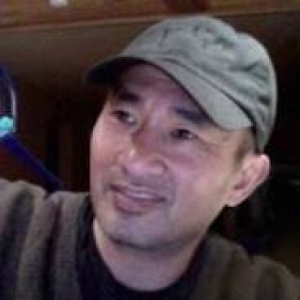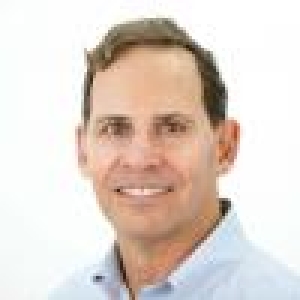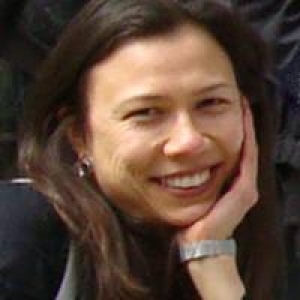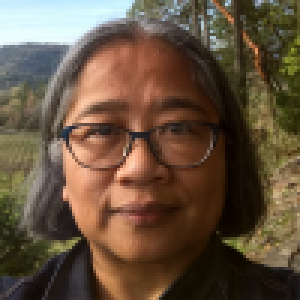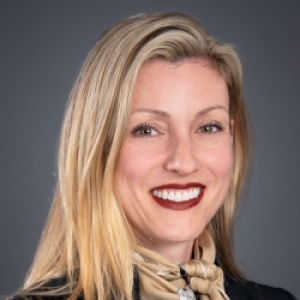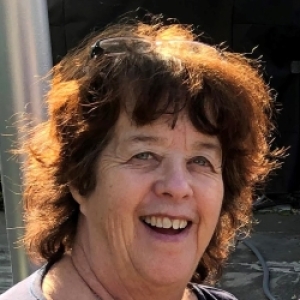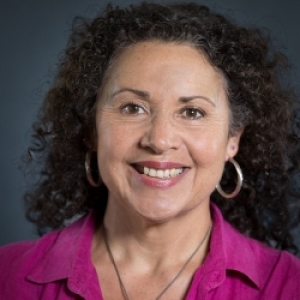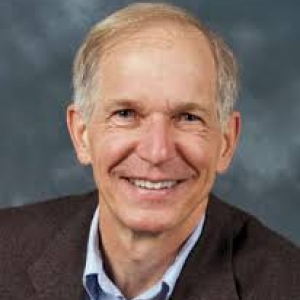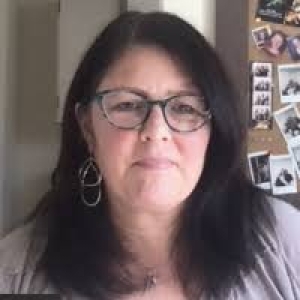Fall 2025
PI: Sally Pasion
Graduate Students
Amy Tran
Previous Lab Members:
Vanessa Aguilera (B.S. SF State, M.S. SF State, MBA Babson Graduate School, Semler Scientific)
Masae Ahmann (SF State graduate student)
Janis L Allen (B.S. SF State, Principal Bioanalytical Project Manager Genentech)
Mattelin Bautista (Bridges Summer Student)
Dennis Bua (M.S. SF State, Ph.D. and postdoc Stanford, Bio-protocol, Stanford University School of Medicine)
Berenice Cabrera (B.S. and MS, SF State; Biology Instructor Foothill College, Ph.D. student at University of Michigan)
Alyn Castellanos (SF State graduate student, Roche)
Joni Castro (SF State graduate student, ADC Therapeutics, Genentech)
Jessica Chan (B.S. SF State; currently graduate student at USF, Associate Lab Manager PrognomiQ Inc.)
Shani Chapman (M.S. SF State)
Layla Chirar (B.S. SF State; currently SF State graduate student)
Johnny Chavez (M.S. SF State)
Laura Cochrane (Research Technician, SF State graduate student)
Sheire Coleman (B.S. SF State, Educator)
Noel Cruz-Pacheco (M.S. SF State, currently Research Associate at UCSF)
Amy Dhirapong (graduate student, Ph.D. UC Davis, Genentech Pharmaceutical Specialist)
Letizia Diamante (Visiting International Scholar; MS, Univ. of Pavia; Ph.D. University of Cambridge, Science communicator and children's book writer )
Gemma Estrada Girona (M.S. SF State, Research scientist EMBL, Sainsbury Wellcome Centre for Neural Circuits and Behaviour, MeiraGTx Senior Research Scientist, Principal Scientist SpliceBio)
Gabriela Flores - (B.S. SF State, DPT MGH Institute of Health Professions, Physical Therapist)
Janell Garcia (B.S. SF State)
Gabriel Getchell - (B.S. SF State, Astellas Gene Therapies)
Brenna Gibson Tirumalashetty (B.S. and M.S. SF State, Climate Corporation Software Engineer)
Kadra Gulaid (B.S. SF State, MPH UC Berkeley)
Marwa Hararah (B.S. SF State)
Mela Hardin (M.A. in Mathematics, SF State, currently Ph.D. student at Arizona State)
Ngoc Hoang (B.S. and M.S. SF State; Adicet, Bio)
Logan Holbrook (currently SF State undergraduate student)
Sally Hutchinson (B.S. SF State)
Ugochi Ikeme (B.S. SF State, California Department of Fish and Wildlife)
Himanshi Jaswal (B.S. SF State)
Ryan Kendle (graduate student, M.D.-Ph.D. Drexel University, UCLA, oncologist)
Viivi Koivu (Visiting student, BS and MS, University of Turku, Blueprint Genetics )
Lorl Lee (Project SEED intern)
Philbert Lee (high school student intern, B.S. UCSC, M.S. SF State, Ph.D. University of Chicago, Molecular Biosciences)
Jiayu Luo (M.S. SF State, currently employed at Gene Editing company in Hong Kong)
Lisa Liang (Project SEED intern, B.S. Environmental Toxicology, UC Davis)
Alice Liu (high school student intern)
Anthony Xavier Lopez (B.S. SF State, M.S. SF State, currently Biology Professor at Mt San Antonio College)
Eduardo Lujan (B.S. SF State, M.S. SF State, currently Ph.D. student at UC Berkeley)
Nghiep Ly (B.S. SF State, M.S. SF State, Complete Genomics, BGI of America)
Elizabeth Mazza (B.S. SF State)
Jennifer Menjivar (B.S. SF State, MD David Geffen School of Medicine at UCLA, Resident at UCSF, pediatrician )
Mehnaz Malek (graduate student, currently at Bristol Myers Squibb)
Garima Mital (M.S. SF State, currently at Genentech)
Ariff Moolla (B.A. in Mathematics, B.S. in Cell & Molecular Biology SF State, DO Touro University, pediatrician)
Bichloan Nguyen (B.S. and M.S. SF State)
Jose Valentin Ordonez (B.S. SF State)
Erica Pederson (Research Technician, Research Associate at UC Berkeley)
J. Michelle Pierce (Bridges Summer student, B.S. Arizona State, SF Department of the Environment, Bay View Hunter's Point Community Advocates)
Justine Jenny Ramos (B.S. SF State, currently Ph.D. Student, UC Berkeley)
Terry Reyes (B.S. SF State, Ph.D. Stanford University, Genencor, Impossible Foods Inc. Regulatory Affairs, UPSIDE Foods Senior Manager Global Regulatory Affairs)
Nainoa Richardson (B.S. and M.S. SF State, Ph.D. University of Nice Sophia-Antipolis (UNS) Institute of Biology Valrose (iBV), postdoc at UCSF, Genentech Scientist 3)
Leonel Santibañez Vargas (Bridges Summer student, B.S. UC Riverside, Antibody Solutions)
Kanika Sethi (B.S. SF State, podiatry student at Samuel Merritt University)
Iqbal Thabet (SF State graduate student)
Marakee Tilahun (B.S. SF State)
Herlinda Tin (Bridges Summer student, B.A. in Psychology, UC Riverside; M.A. Massachusetts School of Professional Psychology, PsyD Clinical Psychology)
Anna Marie Tuazon (M.S. SF State, Ph.D. UC Davis; Gilead Sciences, Biogen Head of Strategy, Operations and Excellence)
Cherryl Valenzuela (Bridges Summer student)
Ntsaum Steve Vang (M.S. SF State, Medical School Student)
Laura Wazna-Blank (B.S. SF State)
Ivan Zamora (SF State graduate student, Impossible Foods Inc.)
updated 1/7/2026
Policy on Letters of Recommendation
This information is for students requesting a letter of recommendation from Dr. Pasion in the Department of Biology, SFSU. This information does not reflect the official requirements for SFSU faculty.
It is essential that you allow sufficient time for preparing the letter, so you must contact me a minimum of ONE MONTH BEFORE the letter deadline.
ABOUT REQUESTING LETTERS OF RECOMMENDATION
If you are interested in obtaining a letter of recommendation, you must approach me with the following information:
1. Complete name of school (or scholarship program) to which you are applying
2. Complete mailing address for letter of recommendation (Most letters are submitted online, but for those letters that will be sent by regular US postal service, an addressed envelope with sufficient postage would be appreciated--see format for addressing the envelope here. Please do not put the stamp on the envelope, in case a new envelope is required)
3. Form(s) to be sent with letter. In some cases, the school/scholarship program has a form or template for submitting the letter of recommendation. Many programs have online letter submission - please provide me with a list of all programs you are applying to with the application deadline.
4. Signed form waiving your access to letter of recommendation. The University provides this form
https://registrar.sfsu.edu/sites/default/files/documents/Letter%20of%20Recommendation%20Release%20Form.pdf
If you do not waive your right to access, the letter of recommendation is considered not confidential and may be discounted by evaluators at the recipient institution. For online submissions, please provide me with a signed statement listing all schools that you WAIVE your right to access the letter. I will not write a letter of recommendation if you do not waive access to your letter.
5. A copy of your unofficial SFSU transcript.
6. A copy of your personal statement to be submitted to the school (or scholarship program). I am looking for an explanation of your career goals or type of job or graduate school you hope to enter if this is not included in your personal statement.
7. Your contact information (address, day and night telephone numbers indicating acceptable contact hours, your e-mail address--in case I need additional information). If you were a student in my class, please indicate the specific details (class, semester, and grade received)
8. If you are using a campus letter writing service, provide all relevant information and forms.
9. Specific deadlines for receipt of the letter (or when you will be picking up the letter if you need to send the letter with your application packet).
10. You must meet with me to discuss aspects of your academic performance or other characteristics that will help strengthen your letter of recommendation. Be aware that a letter for entry into a medical school or a graduate program will emphasize different aspects of your academic performance compared to a letter for a scholarship program.
REMEMBER that you should REMIND me (by e-mail, is fine) about the letter approximately one week before the deadline.
- You should have all the information available in an electronic format (send by e-mail).
- Even if I have written a letter for you before, it is a good idea to provide all of this information again (so that we do not lose time looking for the previous information)
Information for students who are requesting a letter of recommendation (disclaimer: not a recommendation for you to make any purchases on any of these listed websites - just directing you to information that you may find useful)
Career Center-UC Berkeley Graduate School Letters of Recommendation
Letters of Recommendation: Q & A (from Coalition for College)
How to ask a Professor for a letter of recommendation
How to ask for a letter of recommendation (from Seattle Pacific University)
LINKS FOR LETTER WRITERS
Information for people writing letters of recommendation
Ten simple rules for writing compelling recommendation letters
Writing a letter of recommendation letter (HHMI)
Tips for writing strong letters of recommendation
Most letters of recommendation are submitted ONLINE. No stamp/envelopes required if the letters are submitted ONLINE. If the letter of recommendation is to be mailed -- Format for addressed envelope (no stamp...Leave the return address blank):
